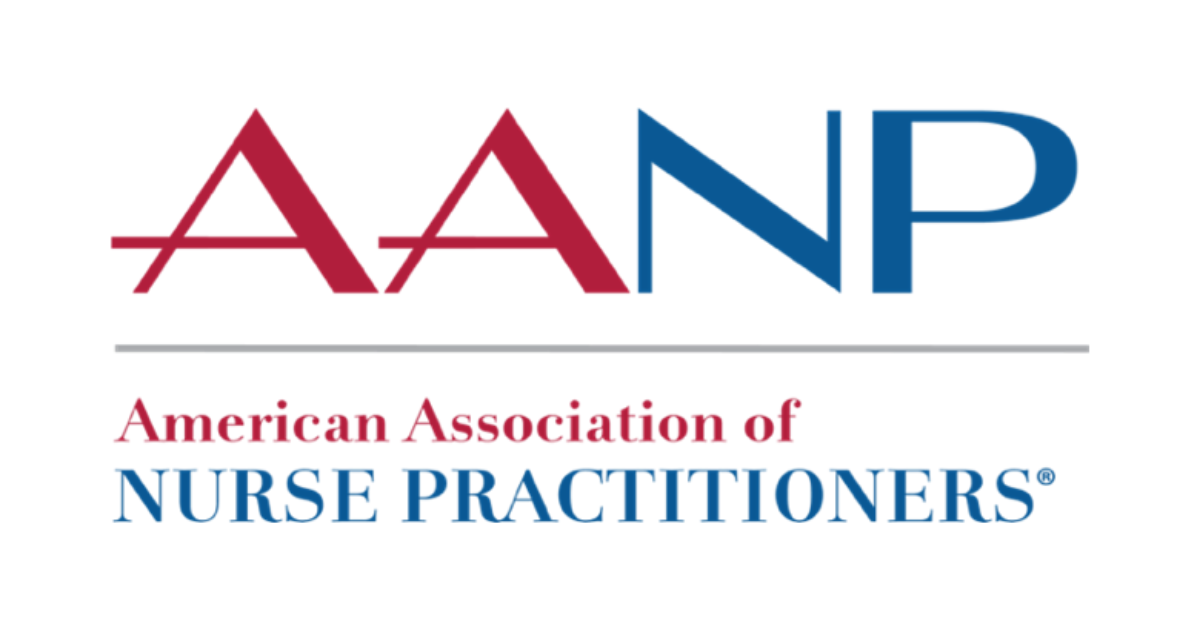- Joined
- Nov 3, 2015
- Messages
- 1,340
- Reaction score
- 1,082
Scenario is an NP has been prescribing benzos to those on multiple controlled substances at high doses. Np current is out till end of year so clinic is distributing his patients to other NPs.
If the collaborator of this NP and the other covering NPs refuse to fill the benzos of this patient and there is some medial complication ex: seizures etc are they directly liable as the last person to touch the patient in a cross covering capacity since they refused to prescribe?
If the collaborator of this NP and the other covering NPs refuse to fill the benzos of this patient and there is some medial complication ex: seizures etc are they directly liable as the last person to touch the patient in a cross covering capacity since they refused to prescribe?

